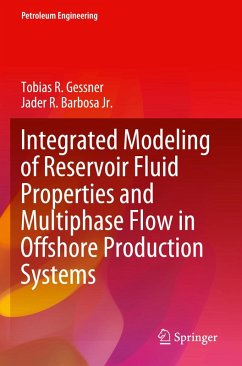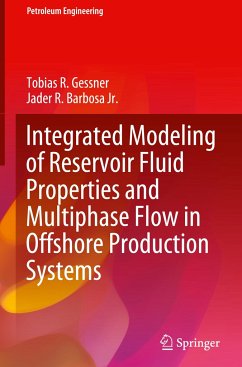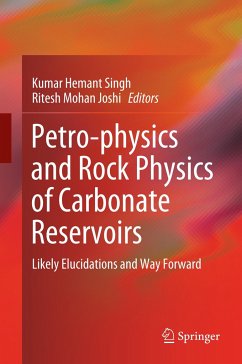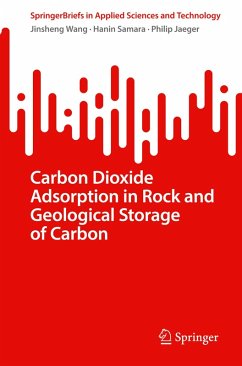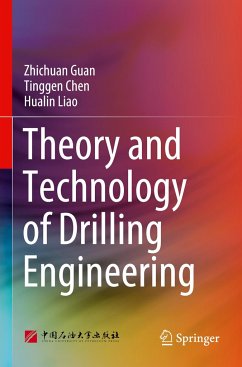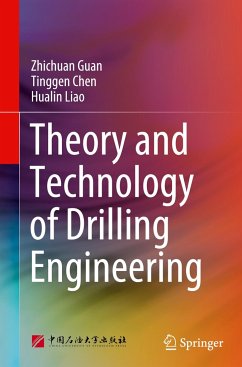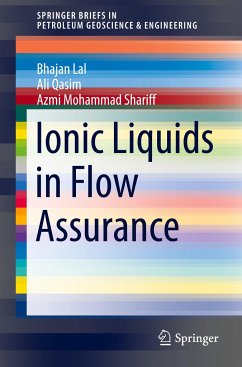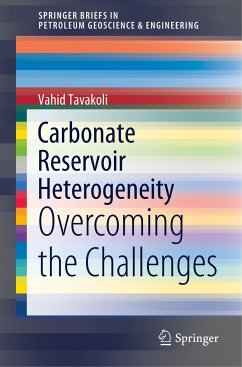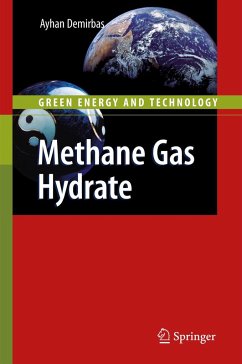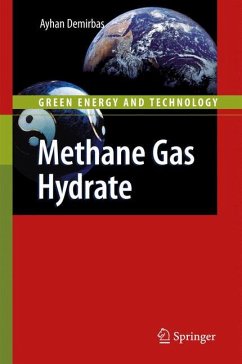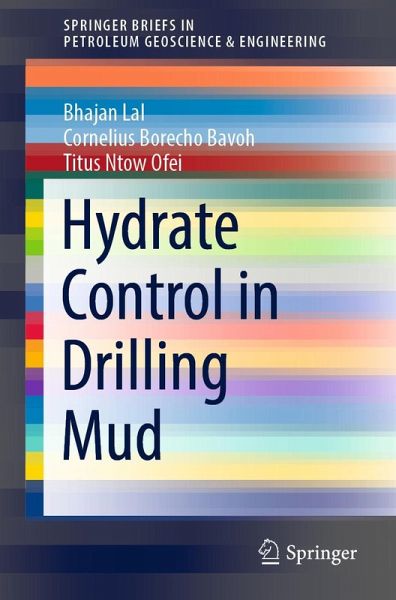
Hydrate Control in Drilling Mud

PAYBACK Punkte
17 °P sammeln!
This book provides pathways and strategies for mud engineers and drilling students in the future drilling industry. The data on the effect of drilling mud additives on hydrate formation thermodynamics and kinetics are discussed to aid proper additives selection and blending for optimum performance. Practical field operations of hydrate-related drilling are discussed with insights on future drilling operations.Preface Drilling fluid design is very crucial in all drilling operations. Gas hydrate wells or hydrate sediments are future reservoirs that are believed to produced clean natural gas that...
This book provides pathways and strategies for mud engineers and drilling students in the future drilling industry. The data on the effect of drilling mud additives on hydrate formation thermodynamics and kinetics are discussed to aid proper additives selection and blending for optimum performance. Practical field operations of hydrate-related drilling are discussed with insights on future drilling operations.
Preface Drilling fluid design is very crucial in all drilling operations. Gas hydrate wells or hydrate sediments are future reservoirs that are believed to produced clean natural gas that will replace the current fossil fuels. Hydrate management has now become a part of the drilling operation and for that matter, relevant knowledge and guidelines of drilling fluid design for hydrate management in drilling-related operations would help establish a strong foundation for hydrate-related drilling operations.
This book is useful to mud engineers, students, and industries who wish to be drilling fluid authorities in the21st-century energy production industry.
Preface Drilling fluid design is very crucial in all drilling operations. Gas hydrate wells or hydrate sediments are future reservoirs that are believed to produced clean natural gas that will replace the current fossil fuels. Hydrate management has now become a part of the drilling operation and for that matter, relevant knowledge and guidelines of drilling fluid design for hydrate management in drilling-related operations would help establish a strong foundation for hydrate-related drilling operations.
This book is useful to mud engineers, students, and industries who wish to be drilling fluid authorities in the21st-century energy production industry.



